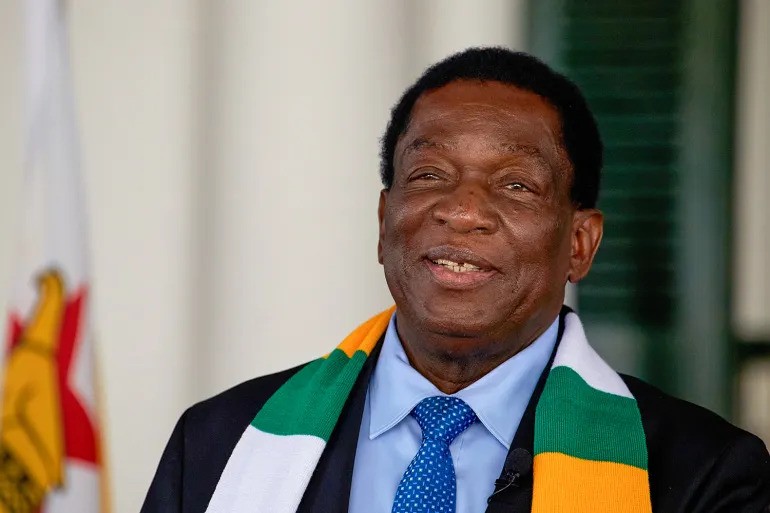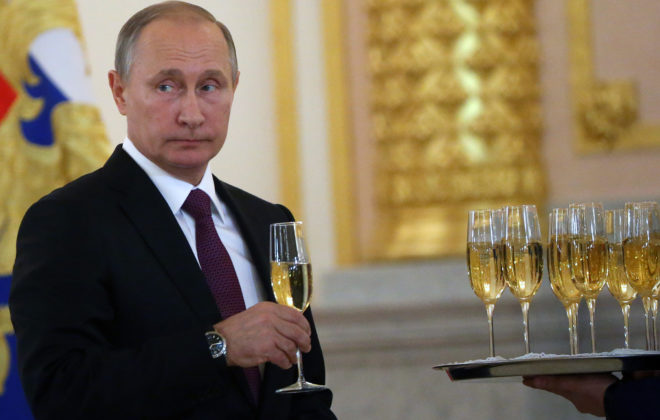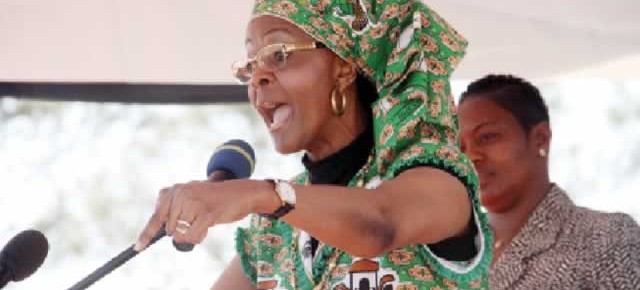GOVERNMENT and legal experts have dismissed a report released recently by two South African judges on Zimbabwe’s 2002 presidential elections as a nullity that should be treated with the contempt it deserves, Information, Media and Broadcasting Services Minister Professor Jonathan Moyo said yesterday.
The report by judges Dikgang Moseneke and Sisi Khampepe claimed the elections were not credible, free or fair.
The controversial report was released last week following a lengthy legal battle spanning over five years by South African-based Mail &Guardian newspaper.
“Bringing a report that is 12 years old in politics is not very useful because as they say a day in politics can be like 1 000 years,” Prof Moyo said.
“One thing that is certain in politics is that events in politics do overtake a lot of opinions. That is one thing. The second thing is that truly it will be unreasonable for us to waste our time on a report that was written by two people on a nationwide election with over 8 000 polling stations in 10 provinces covering, at that time, 120 constituencies.”
He added: “These may be capable people but they are not super human beings. There is no election observer team that has ever come here with two people and was able to come up with a credible report. No wonder most of the content is based on contentious secondary material which the authors swallowed hook, line and sinker without interrogating it because they had neither the time nor expertise to assess it.’’
MDC-T leader Mr Morgan Tsvangirai on Wednesday threw his weight behind the report saying it “confirms what has been the major blemish of our elections in Zimbabwe, that the Presidential poll of 2002 was not free, fair and credible”.
Prominent lawyer Mr Terence Hussein, who represented President Mugabe in all the election petitions brought against him since 2002, dismissed the report saying it was based neither on fact nor law.
Mr Hussein said he was not surprised that former South African president Mr Thabo Mbeki did not rely on the report because he would have embarrassed himself.
“The report prepared by these two judges was crafted after interviewing a bunch of losers in the confines of air-conditioned hotels,” he said.
“The report is nothing but a political opinion piece which is now cloaked as quasi-judicial report.” Mr Hussein said the 2002 election was subjected to a fiercely fought petition in the local courts.
The judicial process, he said, was observed closely by the international bar association and a host of well-known Western-funded NGOs.
“These organisations were completely silenced by the thorough legal review of the elections and transparency of the legal system,” said Mr Hussein.
“The MDC raised the issues referred to in the two gentlemen’s report and they failed to sustain them.”
The MDC hired a South African senior Advocate Jeremy Gauntlet to argue the case for Mr Tsvangirai assisted by Adv Adrian Philip de Bourbon.
During the hearing of the election petitions, verification and an audit of the election residue was conducted.
This involved bringing the ballot material to the High Court where the MDC through its technical consultants looked through each and every document that was used in the plebiscite.
Another legal expert, Mr Tendai Toto, said the sadc observer team endorsed the Zimbabwe presidential elections of 2002 to have been free and fair in accordance with the sadc micron on free and fair elections.
“The micron ‘good or bad’ is sadc collective principles on free and fair elections and their acceptability depend on which player is in the electoral field,” said Mr Toto.
“These principles are the sadc minimum standards expected to achieve a free and fair election. The observation by the sadc team was guided by specific terms of reference in accordance with the sadc micron on free and fair elections.
“Within the parameters of the terms of reference and the sadc micron on free and fair elections, the team endorsed the election outcome as free and fair.”
Mr Toto said the unofficial “tag team” comprised of the two learned jurists who “observed” the elections before, during and after the elections.
“My assumption is that the two reached every corner of Zimbabwe working round the clock observing the conducting of elections before, during and after the elections,” he said.
“If the ‘tag team’ did not conduct the observations as fore stated, it relied on hearsay testimonies from interested parties and perhaps testimonies of those aligned to whoever lost the election.”
Mr Toto added: “Whilst I am not privy to information pertaining to their terms of reference and mode of information gathering or research or observation, the glaring observation is that the report by the ‘tag team’ is in conflict with that of the sadc observer team. This observation ‘whether objective or subjective’ also depends on who is making the opinion.”
He said the conflicting parties in the contested election are free to believe in either one of the reports.
“Of course, the sadc report prevailed and still prevails as it was the official report and credibly so as the sadc observer team covered the pillar and post of Zimbabwe polling stations and constituencies before, during and after the election period.”
Another lawyer, Mr Farai Mutamangira, said President Mbeki could not accept the judicial observer mission report because it was useless and lacked substance.
He said the two judges relied on the work of Danish political scientists, Professors Jorgen Elklit and Palle Svensson, who set out criteria to evaluate the “free-ness” and fairness of an election. The two are not eminent jurists.
“One cannot accept as a matter of international law that the international standards for free and fair elections summarised and published by two political scientists back in 1997,” said Mr Mutamangira.
Mr Jonathan Samukange, also a lawyer, said the report was of no relevance as it was an opinion of two people. “What they are expressing is their own opinion and why should their view be more important than the view of sadc or the African Union?” he said.
“They are not even experts of voting and they did not conduct any hearing. Even if they had come with that opinion earlier, it was not going to help Tsvangirai win the elections because it is the people who speak.
“If it was a judgment then we would have said that the South African judges are persuasive but it is simply a report with an opinion of two human beings. I do not know the reason why we are even troubling ourselves with that report.”
The 2002 elections were declared free, fair and credible by observers from sadc, the African Union and many other international organisations.






